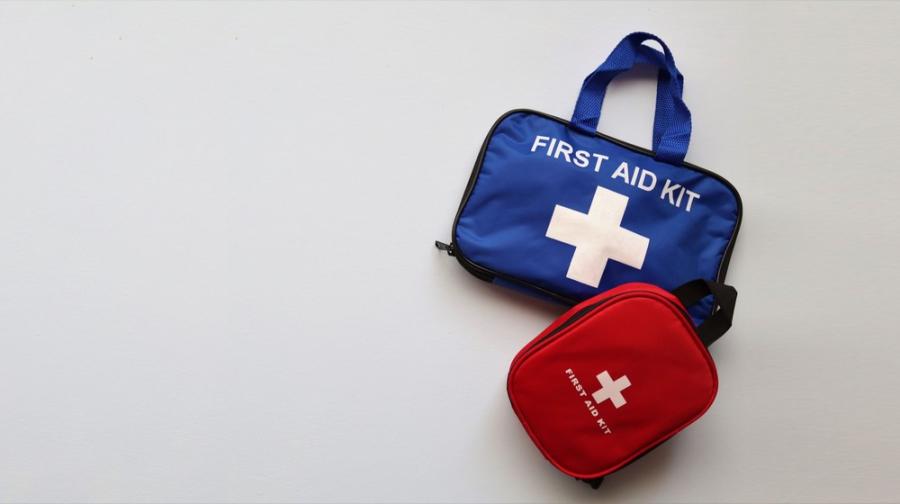Summer care
Post date
July 10, 2023 3:53pm

Summer is here and children are busy with all of their outdoor activities. This time of year can be a first-aid challenge for parents as children may experience sunburn, bug bites, scratches and bruises, or playground and bicycle accidents. Many situations can be handled by parents, but occasionally a trip to the clinic or emergency room might be necessary.
The following situations might require urgent care.
- Head injuries need care if there is a loss of consciousness, excessive sleepiness, difficulty walking or speaking, vomiting, or any unusual behavior. Wearing a helmet can help prevent head injuries from bicycling, in-line skating, or skateboarding accidents.
- Cuts should be treated if the wound doesn’t stop bleeding, is gaping, or won’t come together easily. Stitches may be necessary in any of these situations, and should be done within six to twelve hours to help prevent infection and minimize scarring.
- Nail punctures require medical care because of a high risk for infection.
- Stings and insect bites will require immediate medical care if the child is known to have a serious allergic reaction to wasp or bee stings.
- Possible bone fractures or any injury that causes pain with movement should be checked.
- Bruises that are very painful or continue to expand should be checked. Otherwise ice the area for about 24 hours (15-20 minutes on and at least 40 minutes off each hour).
- Sunburn needs to be treated if large areas of skin are blistered, because of the chance of infection. For milder sunburn, cold compresses and Tylenol (acetaminophen) may be used. Prevention is the best treatment. Remember the importance of using sun screen.
- Heat stroke is a medical emergency. Symptoms include dehydration, confusion, nausea and vomiting, rapid pulse, absence of sweating, and hot, dry skin. Treatment is focused on immediately lowering the body temperature by wrapping the person in a cool wet sheet, pouring water on the person, or applying cold packs to wrists, ankles, groin, and armpits. Heat exhaustion, which includes symptoms such as mild headache, dizziness, and light-headedness, is usually less severe than heat stroke and can often be prevented by staying in a cool or shaded area and by drinking plenty of cool fluids.
The American Red Cross recommends keeping the following items in a first aid kit to use for non-emergency situations:
- Various sizes of sterile adhesive bandages.
- 2-inch and 4-inch sterile gauze pads.
- Triangular bandages.
- 2-inch and 3-inch sterile roller bandages.
- Scissors, tweezers, safety pins and a needle.
- Thermometer.
- Soap and antiseptic.
- Petroleum jelly or other lubricant.
- Tylenol (acetaminophen), antacid, laxative, and anti-diarrhea medicine.
- Keep ice packs in the freezer to use on insect bites, sunburns, bruises, etc.
- Keep the number of the American Association of Poison Control Centers accessible. It is 1-800-222-1222. Their website, www.aapcc.gov contains a lot of valuable information.
Prevention is the best medicine, but if an accident happens, it helps to “Be Prepared.”
Adapted from Windom Area Hospital “Beat”
Ministry
